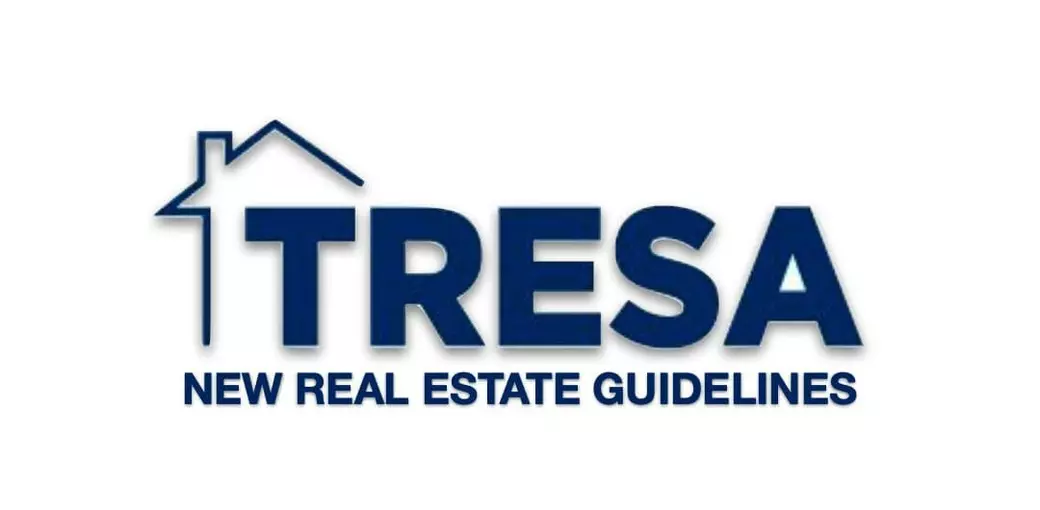User Consumer Options Under TRESA for a Self-Represented Party

Under the Trust in Real Estate Services Act (TRESA) in Ontario, Canada, self-represented parties, also known as "unrepresented parties," have specific rights and options when engaging in real estate transactions without the assistance of a real estate professional. Here are some key considerations for self-represented parties under TRESA:
-
Access to Information:
- Self-represented parties have the right to access relevant information about properties, market conditions, and the real estate transaction process.
- They can research properties, review public listings, and gather information from various sources to make informed decisions.
-
Independent Decision-Making:
- Self-represented parties have the freedom to make decisions independently throughout the real estate transaction process.
- They can negotiate directly with the other party or their representative and decide on offers, counteroffers, and other terms without the involvement of a real estate professional.
-
Due Diligence:
- Self-represented parties are responsible for conducting their due diligence when buying or selling a property.
- This includes researching the property's history, obtaining inspections or appraisals, and understanding legal and financial implications before finalizing the transaction.
-
Legal Protections:
- TRESA provides legal protections to all parties involved in real estate transactions, including self-represented parties.
- Self-represented parties have the right to legal recourse if they encounter fraud, misrepresentation, or other unethical practices during the transaction process.
-
Professional Guidance:
- While self-represented parties may choose not to engage a real estate professional, they have the option to seek legal advice or hire other professionals (such as real estate lawyers or appraisers) to assist them with specific aspects of the transaction.
-
Disclosure Requirements:
- Real estate professionals representing the other party in the transaction (such as the buyer's agent or listing agent) have a legal obligation to disclose their agency relationship to self-represented parties.
- Self-represented parties should be aware of the potential conflicts of interest associated with multiple representation (dual agency) and make informed decisions accordingly.
Overall, self-represented parties under TRESA have the right to participate in real estate transactions independently, but they should exercise caution, conduct thorough research, and seek professional assistance when needed to ensure a successful and legally compliant transaction process.
Categories
Recent Posts











"My job is to find and attract mastery-based agents to the office, protect the culture, and make sure everyone is happy! "
